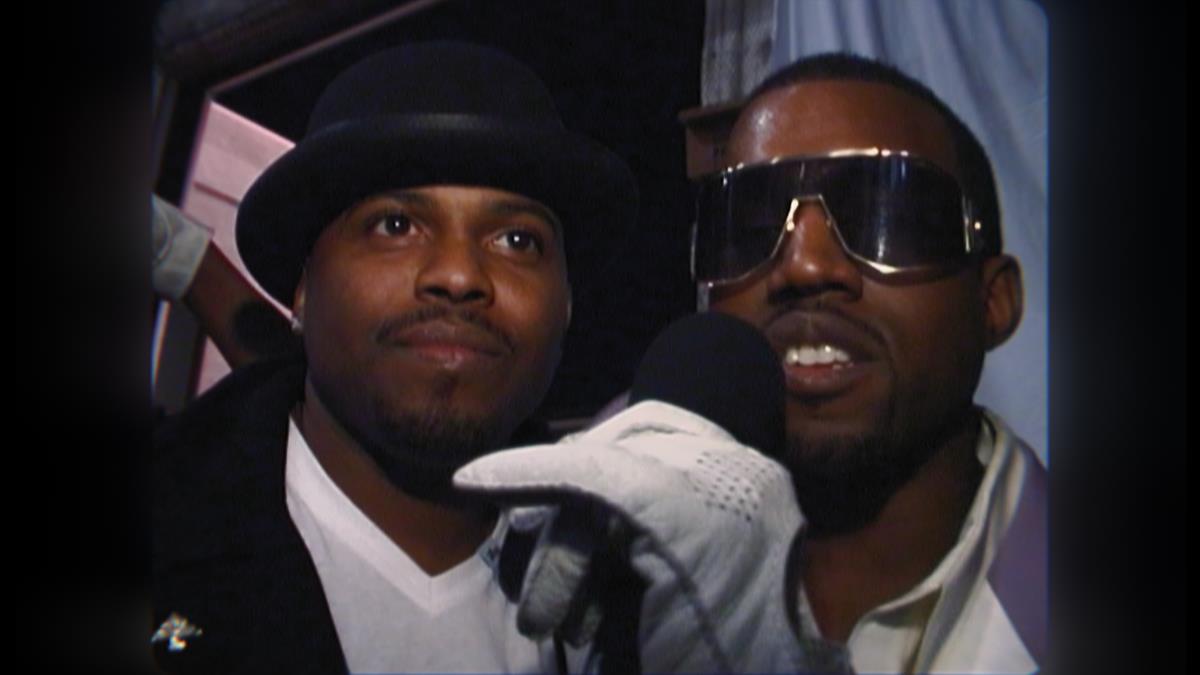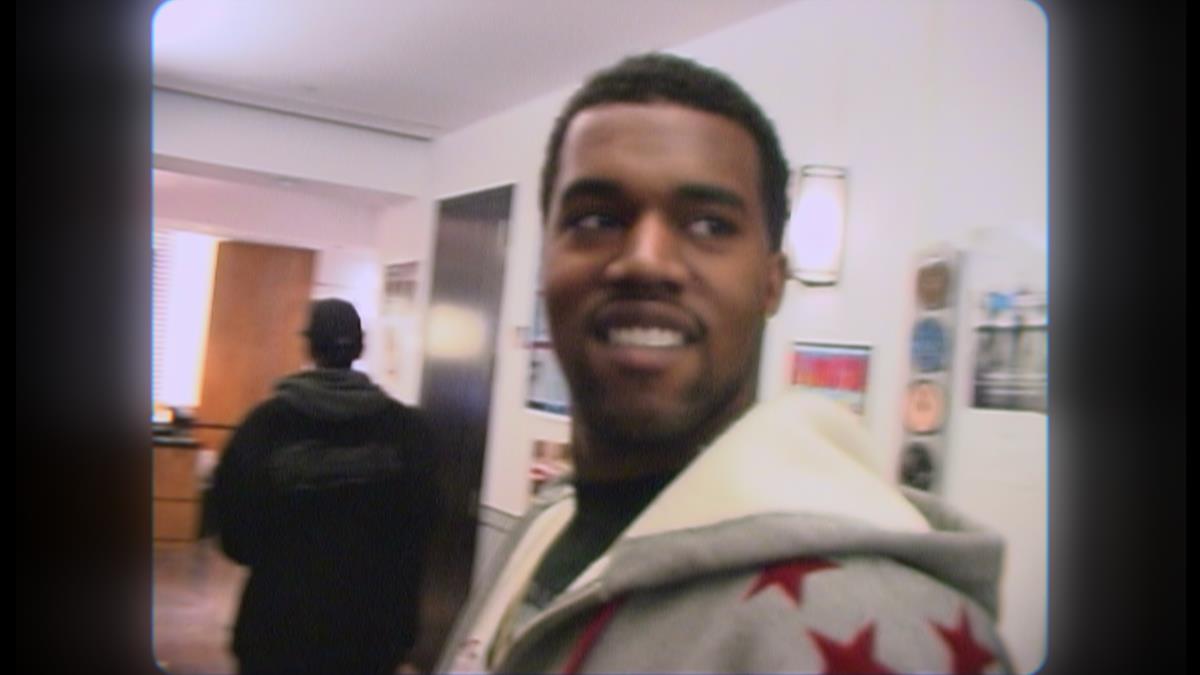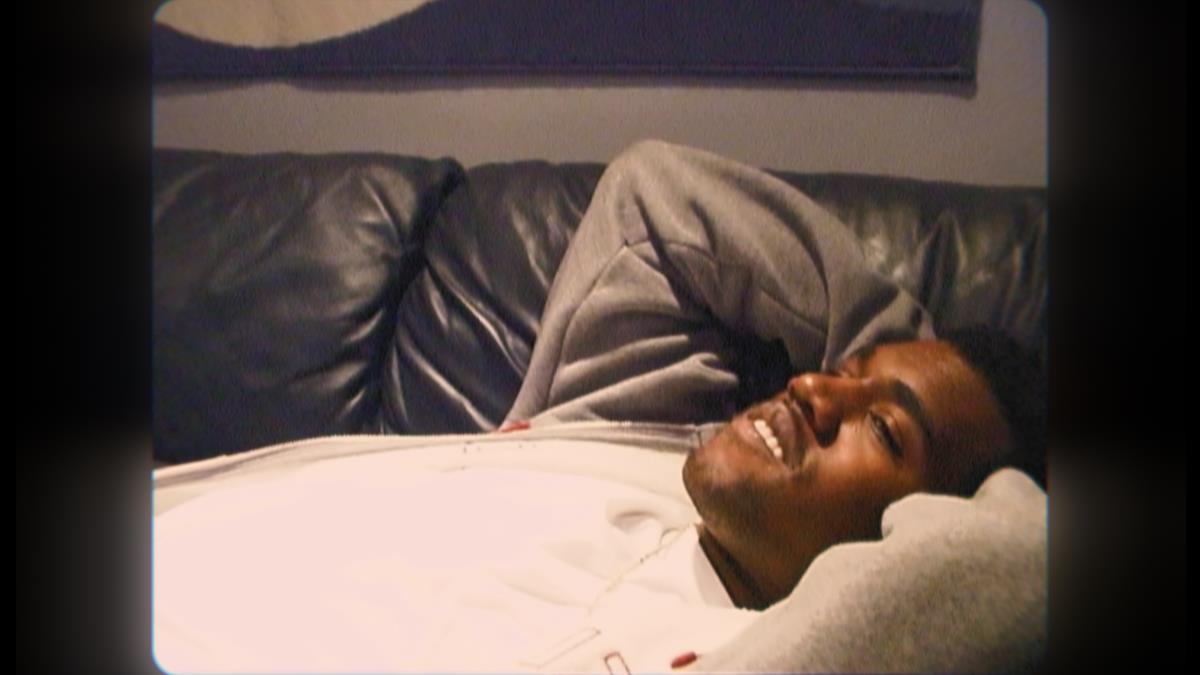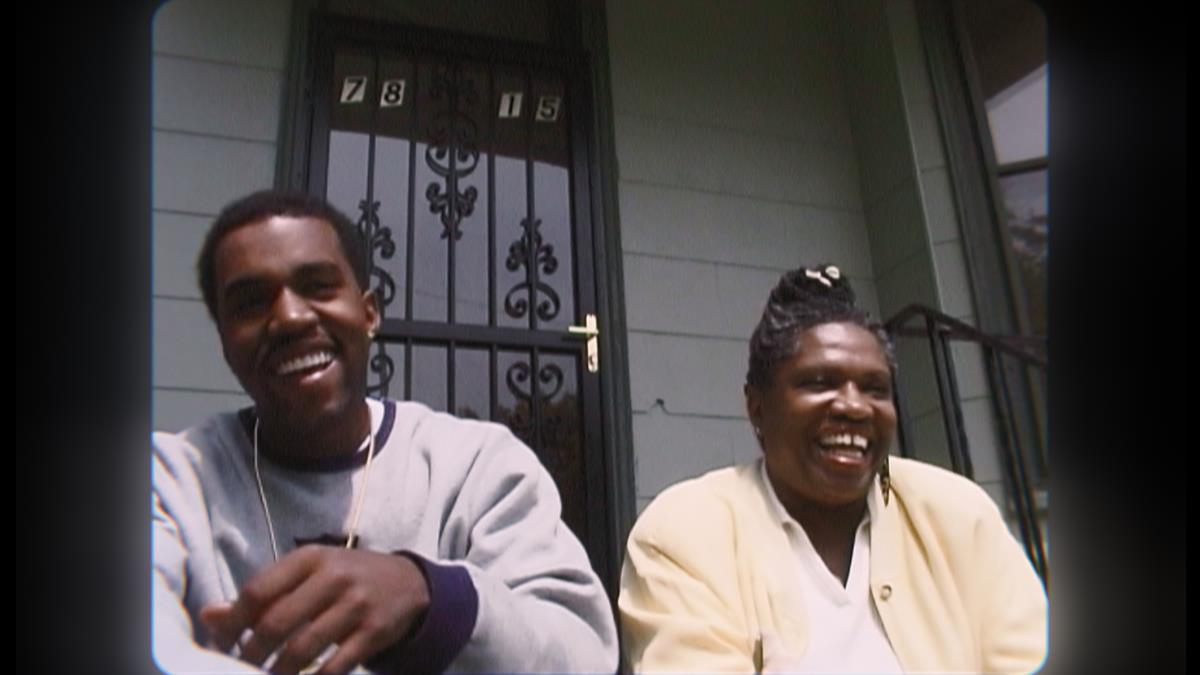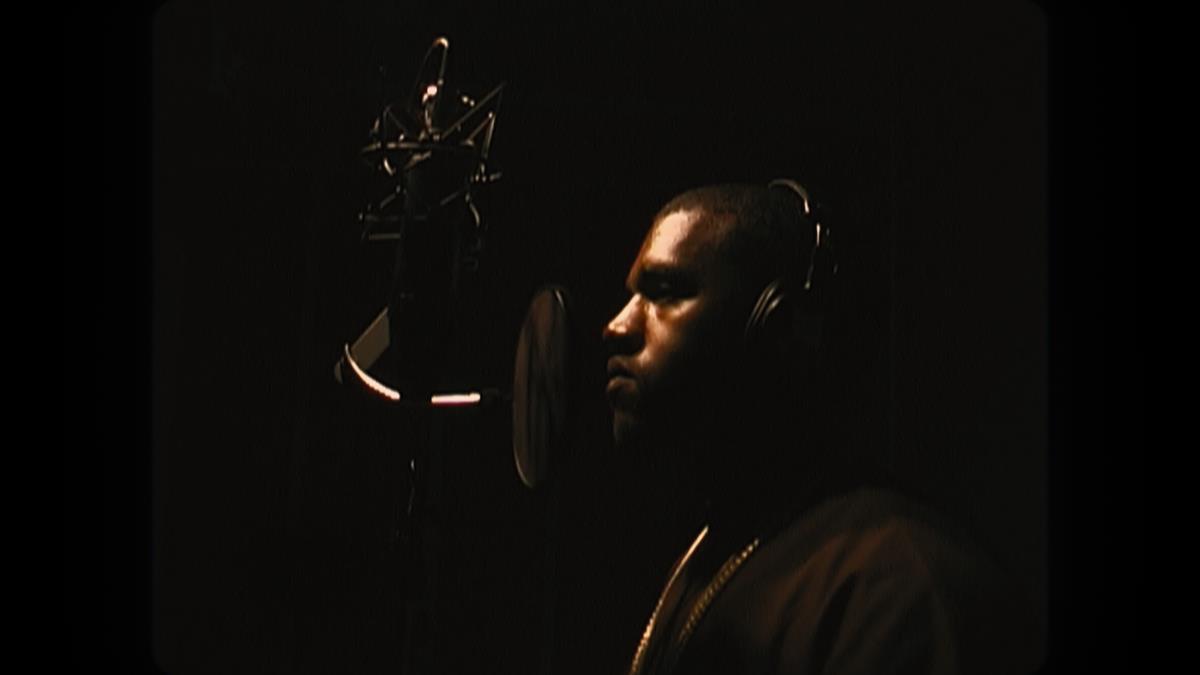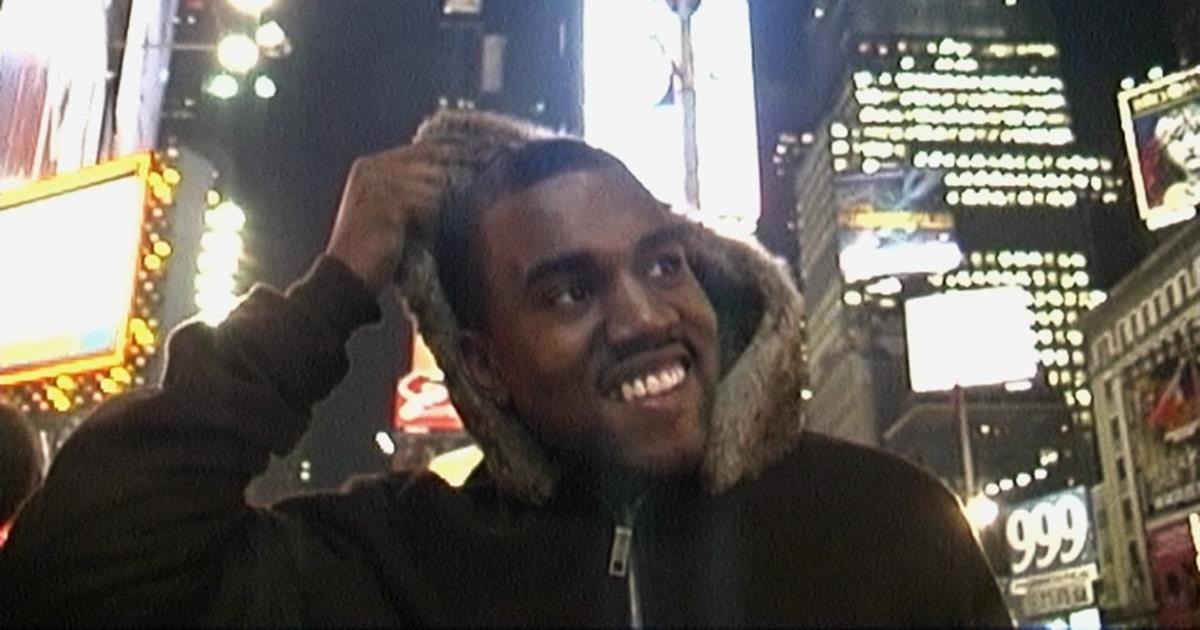
The fact that Netflix has devoted a trilogy of programs to document the rise of Kanye West speaks volumes about its value. The streaming giant is calling it “a three-week global event.”
West, now legally named Ye, is an increasingly polarizing character who has been one of the few hip-hop artists that have transcended divides of race and, more recently, politics. (Who can forget his presidential campaign of 2020 and his support of Trump in 2016?)
But jeen-yuhs: A Kanye Trilogy wouldn’t be the same documentary without the documenters, namely Coodie Simmons and his creative partner Chike Ozah. Simmons talks about his friendship with Kanye, which goes back 22 years to when he first started documenting the rise of the legend, “…I ran into Kanye in Chicago, and I saw how charismatic he was and how energetic and talented that he was.”
Simmons was a stand-up comedian before he found his real passion, filmmaking, and following Kanye became almost like a crusade to him. “When I put the camera on, that was the vision, to document him, not knowing if he wanted me to film him at the time or not.
“I kept hearing about Kanye and kept running into him, but I finally saw him perform and I was like, ‘This dude is a superstar!’” Coodie told Variety. “Watching the movie Hoop Dreams is really what gave me the idea for this film. I wanted to do a Hoop Dreams [film] on Kanye and see how far he’d go.”
READ MORE: Keeping Up With Kanye West: Inside a Doc Trilogy Two Decades in the Making (Without Ye’s Final Cut) (Variety)
Their chronicling of Kanye would last a staggering 22 years, with one significant break — a stretch that began in 2007 after West’s mother died due to complications from liposuction surgery. They reconnected following West’s highly public breakdown (“or breakthrough, Kanye would call it,” says Coodie) during the 2016 global tour in support of the album The Life of Pablo.
Two decades after they had started filming, Simmons and Ozah finally persuaded Kanye to let them tell his story, Ozah told Time how he realized that the documentary had changed direction over the years of capturing its subject, “Our work is about impact: to help people feel comfortable following their dreams and passions,” Ozah says. “That may not have been the goal when Coodie started shooting it. But this film took on its own journey.”
READ MORE: The Inside Story Behind the Kanye Docuseries Two Decades in the Making (Time)
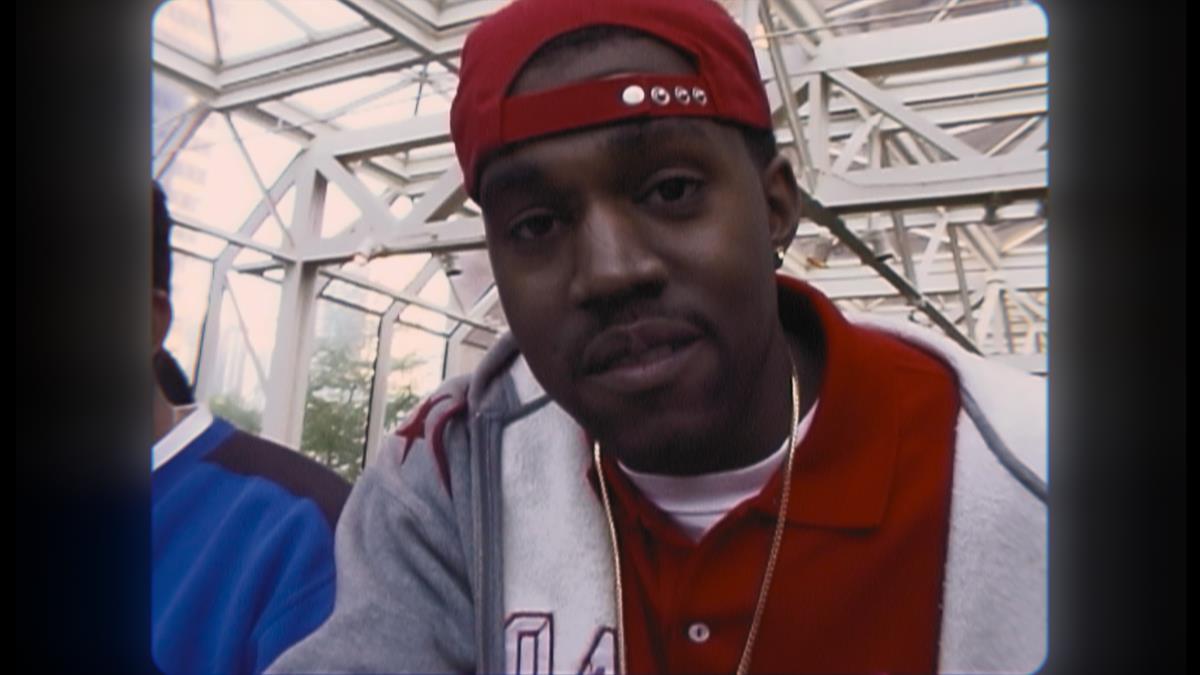
On Complex, Jordan Stone reports that the directors (collectively known as Coodie & Chike) weren’t too worried about gaining Ye’s publicly sought approval on their final cut, as Ozah states: “If Kanye wasn’t as polarizing of a character as he was, we wouldn’t have an interesting doc. This just comes with the territory. This is Kanye’s personality, so you just embrace it and then it’s going to take us, take us wherever it takes us. … This is the person that we’re dealing with. We all know what we’re dealing with.
READ MORE: Directors of Kanye ‘jeen-yuhs’ Doc Have No Plans to Open Edit Room, Say They’ve ‘Talked as Brothers’ Since (Complex)
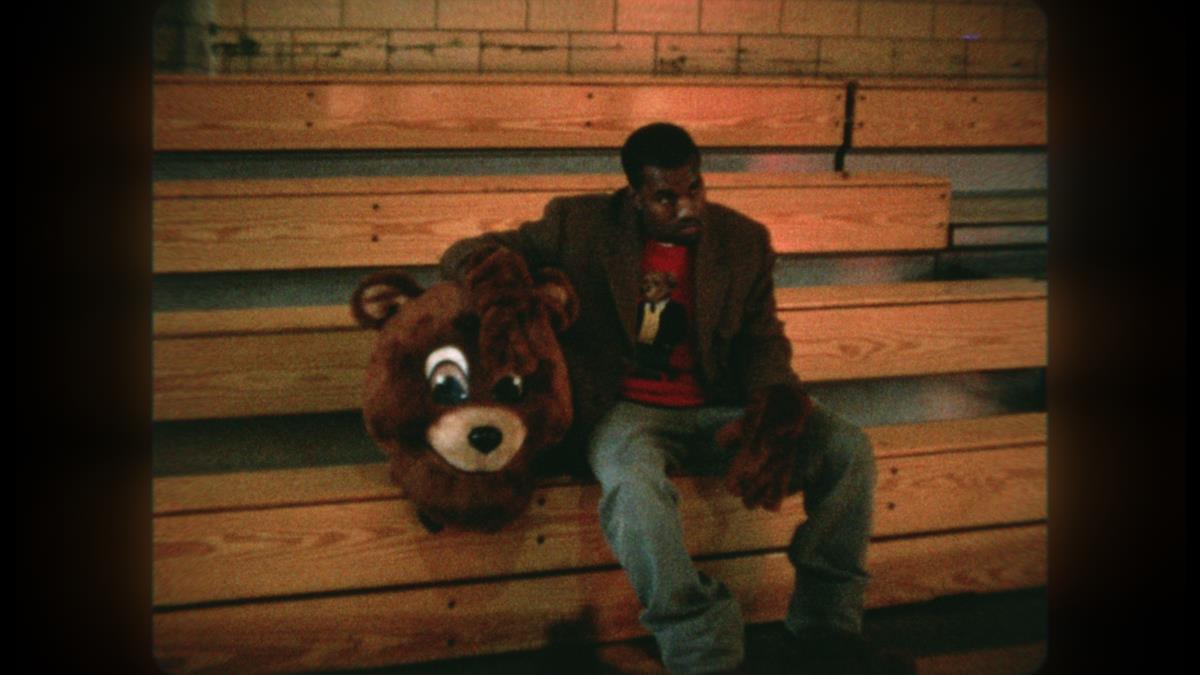
West initially agreed to the vision. But true to form, he proved unpredictable, and in January of this year he demanded “final edit and approval” of the series in an Instagram post. The filmmakers declined but cleverly talked up the documentary at the same time. “I’m not a videographer, and I never was: I was always directing a documentary,” Simmons says. “But he knows, better than almost anyone, that the contradictions that can make West frustrating are also the ones that can make him singularly great.”
As Lei Takanashi observes for Complex, the traditional, safe approach to a music documentary would be using Simmons’ footage as B-roll to substantiate present-day interviews with the subject at hand and their closest acquaintances.
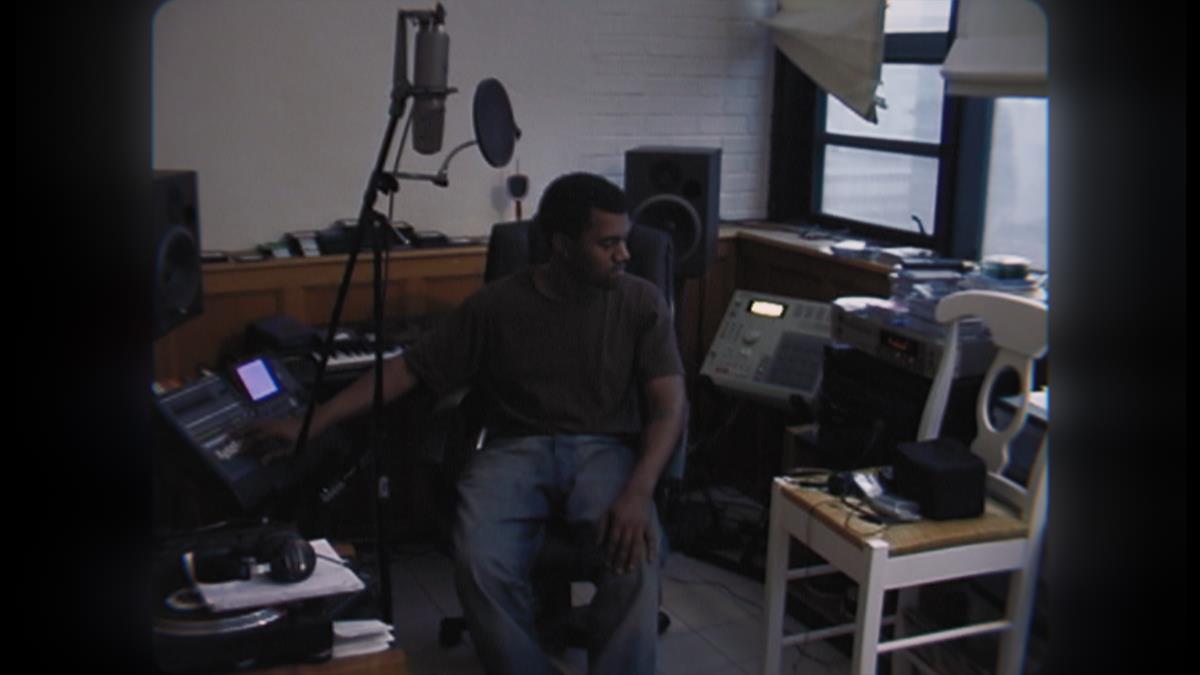
“Yet, it doesn’t feature a single scene with West sitting inside a brightly lit studio to be interviewed retrospectively about his career,” says Takanashi. “Instead, Coodie and Chike produced a documentary that stylistically feels like Richard Linklater’s Boyhood meeting Exit Through The Gift Shop. It gives a first-person look into Ye’s development into an icon over two decades, but also tells the story of Coodie, the young Chicago creative who follows his path on the periphery.”
While acknowledging that it’s difficult to get rid of intimate shots of a celebrity as intriguing as West, Simmons emphasizes that the footage always had to move the story forward. “He laments removing some footage he had of John Singleton praising Kanye for “Jesus Walks,” which happened during a meeting Kanye had with him about producing some music for 2 Fast 2 Furious,” says Takanashi. “For Chike, a difficult darling to kill was footage of the Chicago rapper Payroll pressing Kanye about giving a beat he originally made for him to Jay-Z.”
READ MORE: ‘Jeen-Yuhs’ Doesn’t Aim to Sway Your Opinion of Kanye West. It Wants to Add Context (Complex)
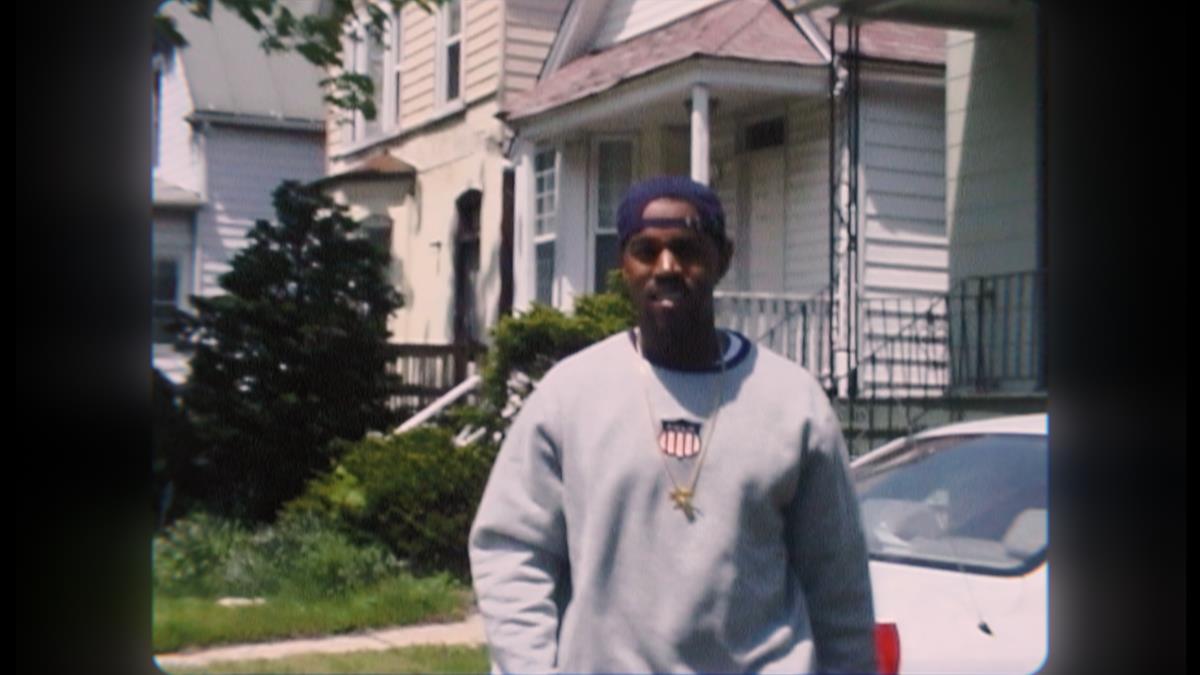
jeen-yuhs is produced by TIME Studios, which received the more than 300 hours of Mini-DV coverage that was eventually edited down to three 90-minute length episodes and finally shown this year at Sundance.
Variety asked Ozah to describe the type of documentary it is. “I definitely would not describe it as a music doc. It’s really a faith-based journey broken up into three acts: vision, purpose and awakening.” Ozah explained. “We called it jeen-yuhs not because we are saying that Coodie’s a genius or Kanye’s a genius specifically. We are just championing the concept that everybody has a genius inside of them.”
Simmons added, “We don’t even want to call it a documentary, to tell you the truth. We want to call it a film. I’m narrating the whole film, so there’s no interviews. It’s all cinéma vérité footage. It’s almost like God wrote this story.”
READ MORE: ‘jeen-yuhs’ Directors Talk Kanye West and Creative Control (Variety)
“We always say you can’t let your imagination get in the way of God’s manifestation,” Simmons told Vanity Fair’s Malik Peay, when asked what it was like to be a fly-on-the-wall novice filmmaker shooting West.
“I would have never imagined all the things that we would be going through throughout this whole journey,” added Simmons. “When I’m around him, he’s the same person that I filmed on 95th on the South Side when he had cornrows. But he’s a mega-megastar now. Being with him, I forget that he is that person until we walk outside of a store, and there are 100 or so people outside trying to take pictures of him.”
“Hopefully, we’re able to penetrate through the fandom, and in light of what they’re expecting to see, [fans will] appreciate what we’re showing them,” Ozah told Peay. “They will garner an appreciation of either the new knowledge or just more context behind certain things that they might not have had any context [for] before.”
READ MORE: Cultivating Jeen-yuhs: The Documentary Saga of Kanye West (Vanity Fair)
As “the viewer’s guide,” Simmons’ narration and observations help mold what often seems like a collection of home video clips into a compelling story, says Eric Deggans in his NPR review.
“As he plays an early version of Through the Wire for super-producer Pharrell Williams — who flips out when he hears it — you can’t help but wonder: Why doesn’t Kanye’s label see how big this record is going to be?” Deggans says. “Eventually, Kanye spends $30,000 of his own money to make the song’s video, with Simmons and Ozah in the directors’ chairs; the video’s success convinces Roc-A-Fella to finally step up and finance production for his debut record.
That album — 2004’s The College Dropout – would eventually sell more than 3 million copies and be nominated for 10 Grammy awards, Deggans notes.
“More than filling out stories behind Kanye’s legend, these scenes show how the rapper constantly bet on his own talent and vision — even when few others shared that confidence. Whenever anyone doubted his skills or his promise, he was ready to slap a cassette tape in a machine and rap in their face until they got the message.”
READ MORE: Netflix’s ‘jeen-yuhs: A Kanye Trilogy’ is (mostly) genius (NPR)
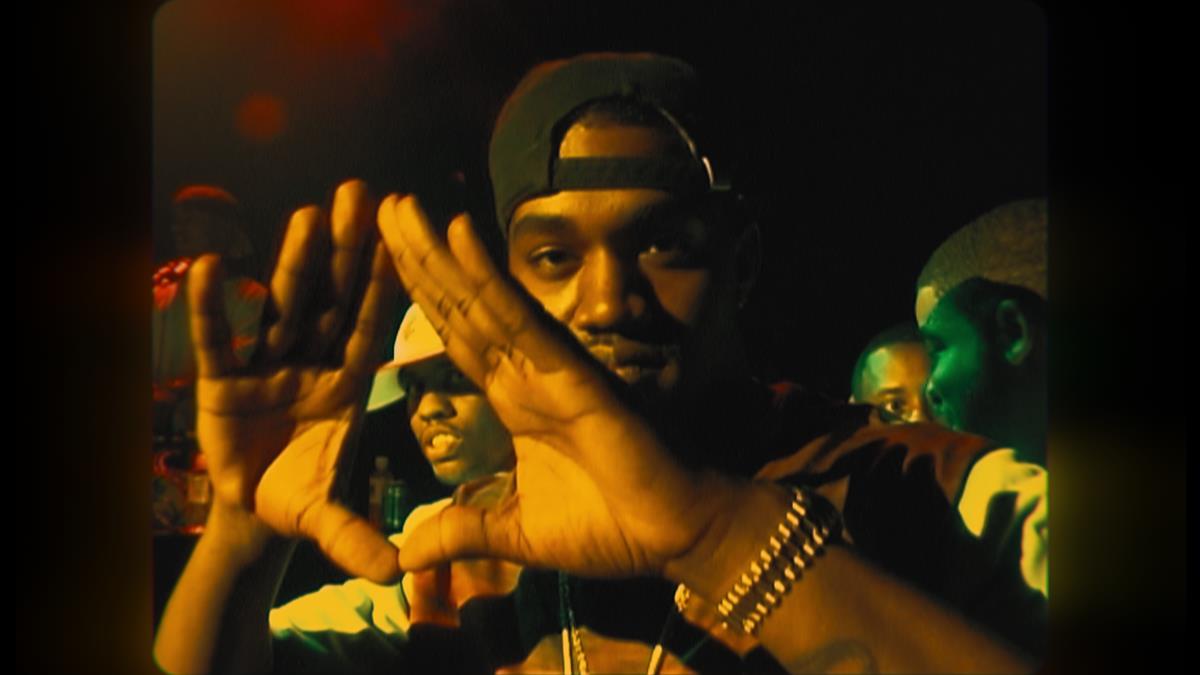
If the first program is all about the vision then episode two shows the change in Kanye as a direct result of his star power. Frazier Tharpe at GQ expands the problems that arose. “Ye’s celebrity had grown to a point where he didn’t want the public to see ‘the real him.’ West explained that he was now ‘playing a role.’ ”
“With a celebrity, there’s a whole other person from who you see on TV,” Coodie says. Ye’s stance changed in 2014, when, “he had me and Chike come to Calabasas, and we talked about how we were going to put this doc together.” The “help” Kanye was seeking included support for his messaging. “The doc was the perfect thing to do that because it just showed the real Kanye.” Simmons ultimately declined the offer.
READ MORE: The Two Kanyes (GQ)
As Vulture reported, West and Coodie ultimately reconciled in 2017, prompting the director to resume the documentary process, accompanying Ye on a series of excursions to China, the Dominican Republic, and his sprawling creative compound in Cody, Wyoming.
The third installment in the series reflected Kanye’s increasingly dark moods. During a sequence shot at a lush seaside mansion in the Dominican Republic, we see the rapper-producer becoming increasingly agitated during a conversation with billionaire investor Michael Novogratz and newspaper columnist Dan Barry. “Have you guys ever been locked up in handcuffs and put into a hospital because your brain was too big for your skull? Okay, I have,” Kanye says in the doc.
In what might have otherwise been one of the show’s more sensational and revealing moments, Simmons stops filming and puts the camera down.
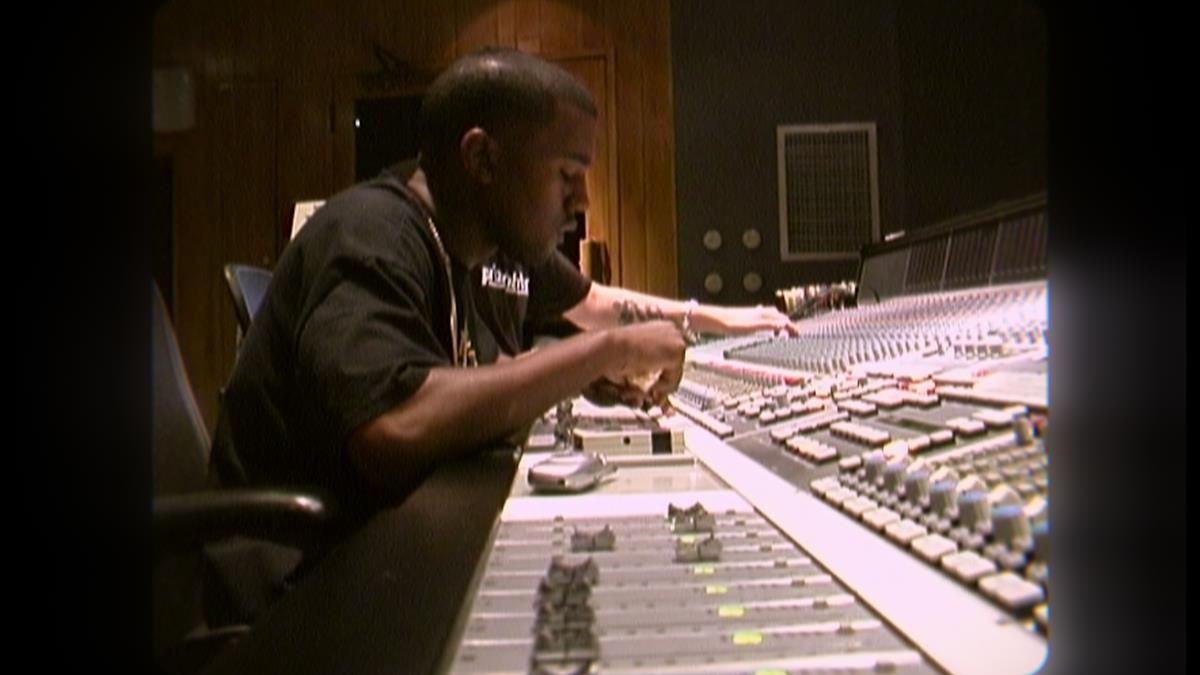
He explains why, “No matter what we went through in life, and the separation and all, he’s still a brother to me. And I love him like a brother. So I wanted to pay close attention and make sure everything was okay.
“So that’s why I put the camera down. That was just me knowing I needed to pay attention and see what’s going on so I can intervene if I need to.”
“So you chose friendship over filmmaking,” Chris Lee from Vulture offered.
“Brotherhood over filmmaking,” Coodie says.

READ MORE: Why the jeen-yuhs Directors Turned the Camera Off During a Revealing Kanye ‘Rant’ (Vulture)
“In the trailer [for the Netflix series], we hear West say, ‘Let me explain my side of it.’” But while Simmons appears to have been a member of his inner circle, “jeen-yuhs isn’t quite the hagiography you might think,” says SlashFilm’s Joshua Mayer. “For those of you who are still fans of West’s music, at least, jeen-yuhs: A Kanye Trilogy promises to give a comprehensive, career-spanning look at his life.”
READ MORE: Jeen-Yuhs: A Kanye Trilogy Trailer: Kanye West’s Life And Career Get The Netflix Documentary Treatment (SlashFilm)
Insider’s Zac Ntim notes that Netflix acquired jeen-yuhs in a massive deal worth $30 million, according to Billboard. “So, what shocking secrets do the documentary spill about the life and career of Ye that got Netflix to splash the cash and the rapper to voice his concerns? The short answer is not a lot,” he says.
“The documentary can be a frustrating watch,” Ntim adds. “Why won’t anyone give Ye a break? Why won’t anyone take chance on his clear talent? Well, Coodie and Ozah make the case — per the title of the documentary — that Ye is simply a visionary. A genius who could see what others could not and it is through this narrative that the rest of the documentary flows uncritically.”
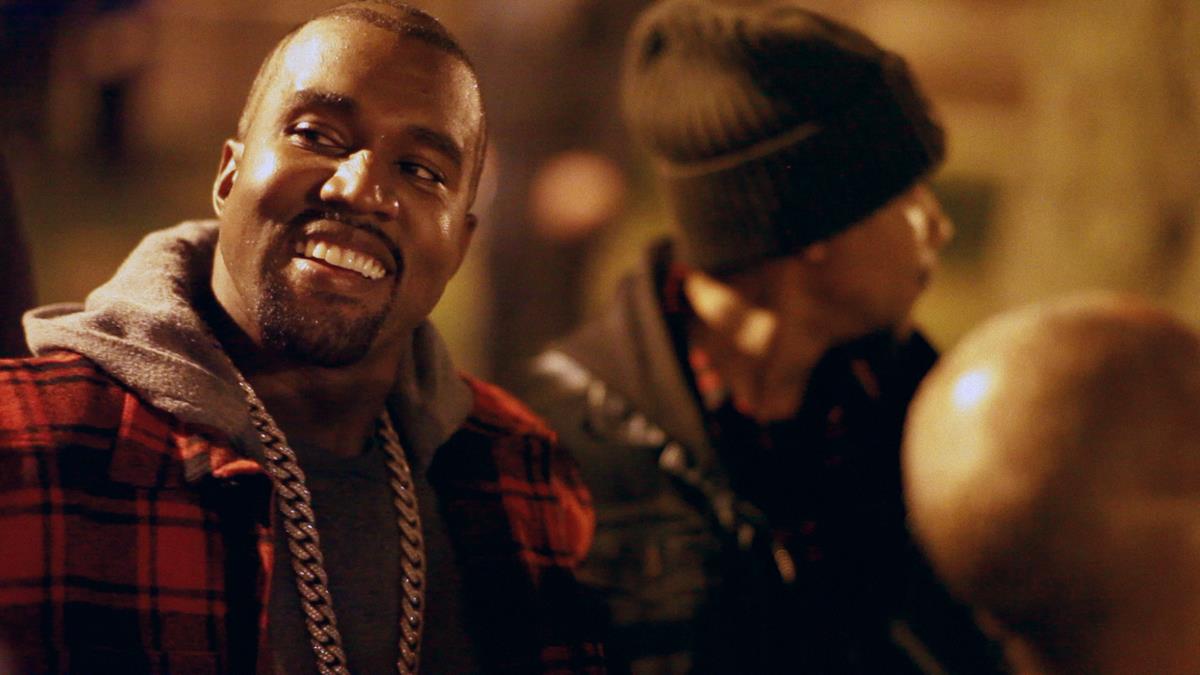
READ MORE: I watched Netflix’s long-awaited Kanye West documentary ‘Jeen-Yuhs’ at Sundance and it’s an epic about a fallen legend (Insider)
According to The New Yorker’s Sheldon Pearce, “the real subject of jeen-yuhs is the rare, nearly monomaniacal focus that West has become notorious for.
“He pursues opportunity and validation at nearly every turn, constantly straining to parlay his freestyles into something bigger. We often see him sitting studiously before a beat machine or a soundboard, working as other people stir in the background. Even the setbacks are incorporated into the grander scheme.”
NOT WHODUNNIT, BUT HOW-DUNNIT — DIGGING INTO DOCUMENTARIES:
Documentary filmmakers are unleashing cutting-edge technologies such as artificial intelligence and virtual reality to bring their projects to life. Gain insights into the making of these groundbreaking projects with these articles extracted from the NAB Amplify archives:
- Crossing the Line: How the “Roadrunner” Documentary Created an Ethics Firestorm
- I’ll Be Your Mirror: Reflection and Refraction in “The Velvet Underground”
- “Navalny:” When Your Documentary Ends Up As a Spy Thriller
- Restored and Reborn: “Summer of Soul (…Or, When the Revolution Could Not Be Televised)”
- It WAS a Long and Winding Road: Producing Peter Jackson’s Epic Documentary “The Beatles: Get Back”
Then there’s the title of the doc. “The series never presents any cohesive theory of creative genius, nor does it make a case for West as such a figure. In a way, it posits that West’s real gift is his infectious self-conviction,” says Pearce. “In the course of the documentary’s five and a half hours, we meet a whole roster of people — Mos Def and Pharrell Williams among them — whose collaboration and endorsement have created the artist we know now. Maybe genius isn’t genius until people start buying in.”
Simmons finds a “counterpoint to the hypemen,” says Pearce, in West’s mother, Donda. “In a handful of intimate vignettes, captured inside her apartment, in West’s childhood home, and during promotional events for her charity, she comes across as a centering influence in the rapper’s life.”
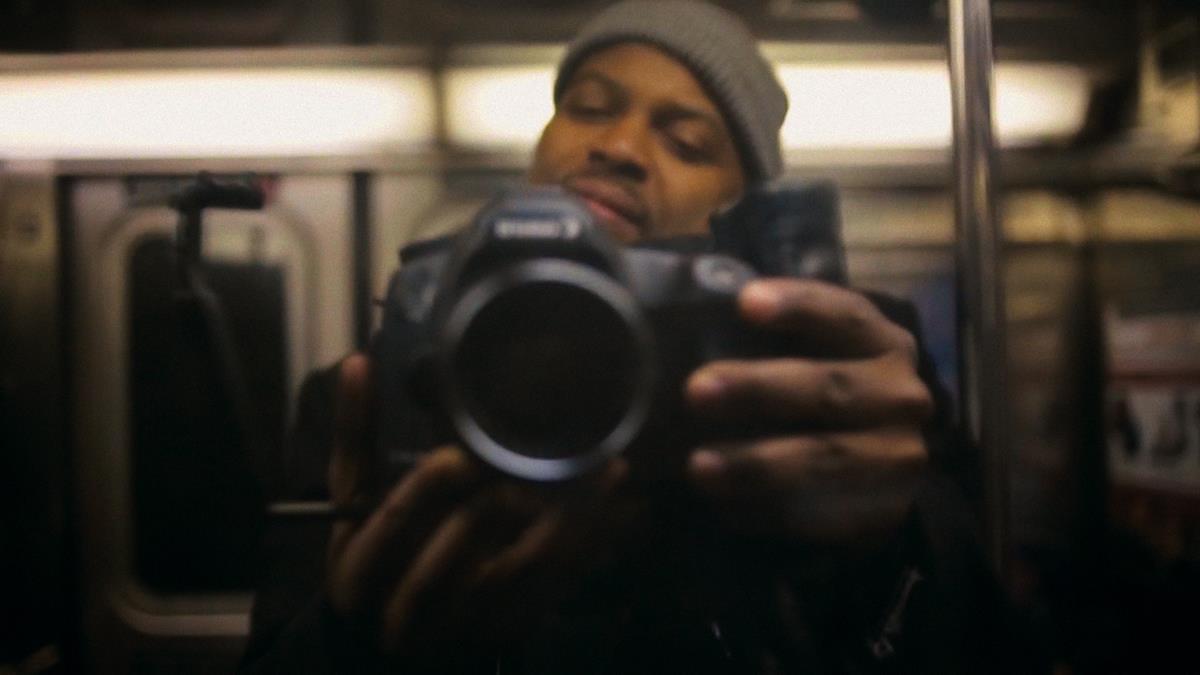
Pearce observes that Simmons seems conflicted about the figure he helped create. “He appears to find some comfort, and even hope, in West rediscovering his Christianity and dedicating his tenth album to his mother. But the work shakes off any stable conclusions: it is impossible to forget that the story is unresolved, that its subject is volatile, even dangerous.”
READ MORE: Kanye West’s Quest for Recognition (The New Yorker)
Ayesha Rascoe, in her NPR interview with Simmons and Ozah, suggested the singer’s relationship with his late mother provides the “heart of the film.”
“Did you [guys] feel like her death was like a turning point in this story? Like, almost like there was a before Donda and after Donda?” she asks.
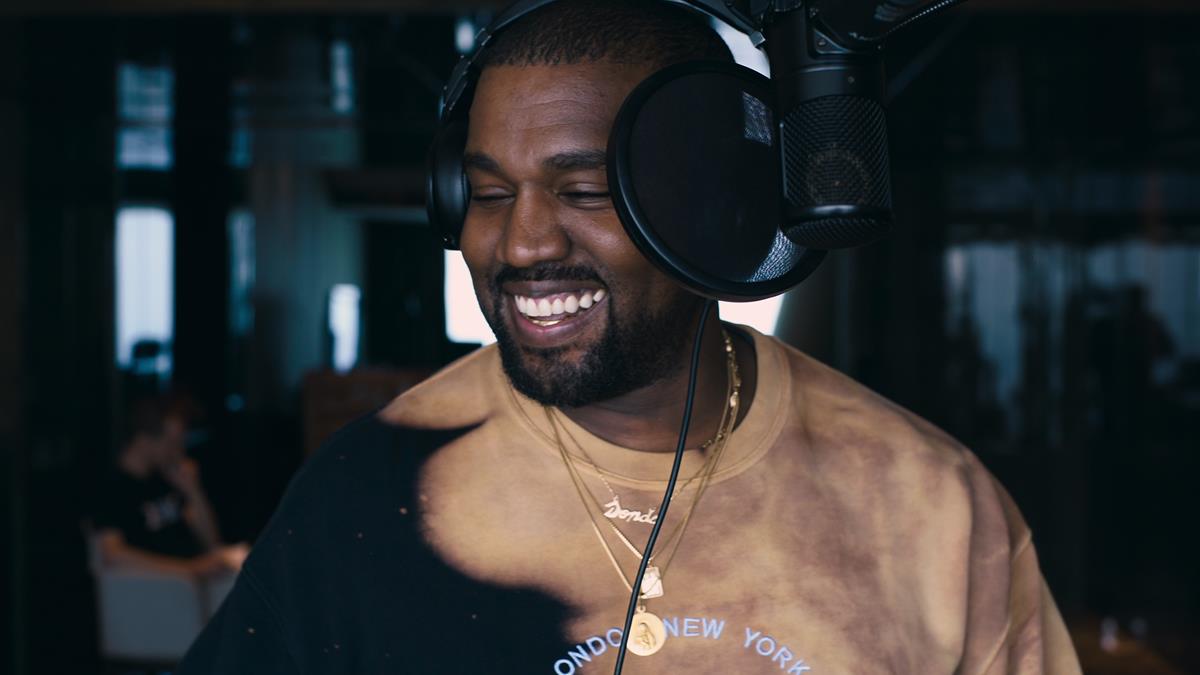
“100%, it’s clear as day,” replies Ozah. “I believe when you see the documentary, he had a very special connection and relationship. His mother played a very major important role. It was above normal.
I had the same relationship with my mother. My mother’s encouragement in me and her belief in me and her support for me is – she goes above and beyond. I can only imagine… losing her in like my late 20s, early 30s, what that would do to me psychologically?
“She’s such an anchor in my life,” he adds. “And I know how much of an anchor Ms. West was in Kanye’s life that I couldn’t even imagine what that would do to me.”
READ MORE: ‘Jeen-yuhs’ directors talk the making of the Kanye West documentary (NPR)
Spencer Kornhaber doesn’t pull any punches in his review on The Atlantic, saying the Netflix documentary “traces the rise of an artist whose gift for provocation mutated from intriguing to disturbing.”
“The film is not comprehensive, even if it is illuminating and charmingly ramshackle,” states Kornhaber, adding that its “fractured structure gives the movie an unsettling asymmetry.”
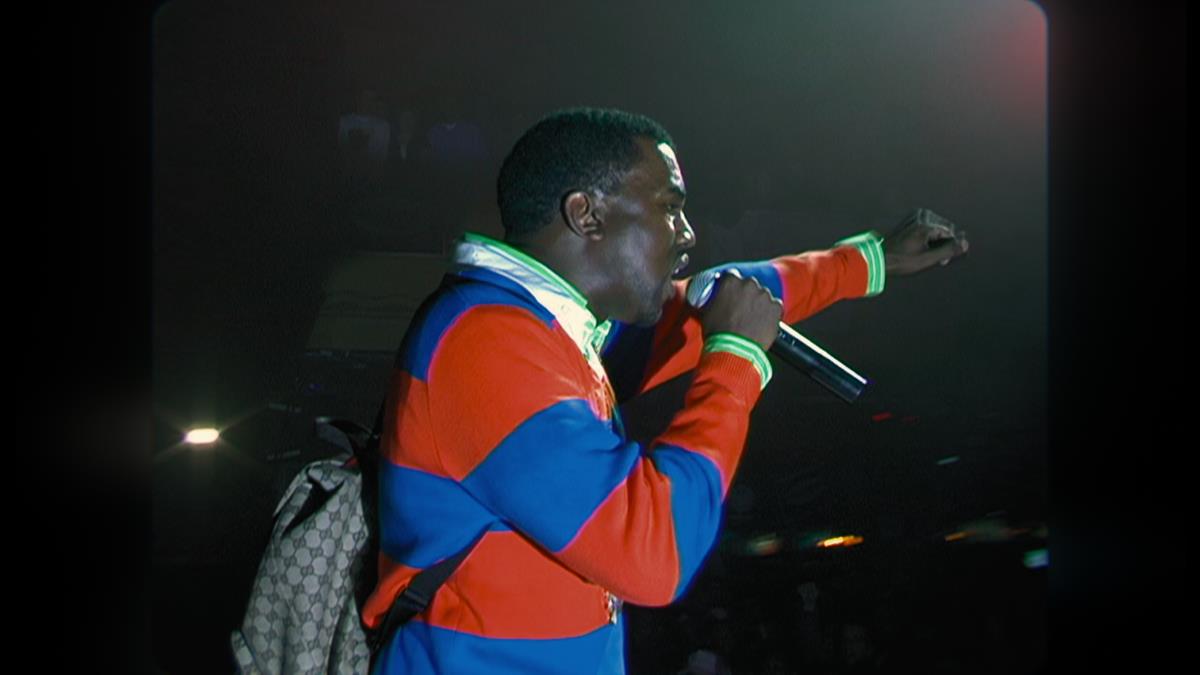
“First you meet the bright-eyed early West, who hustled for his voice to be heard,” he notes.
“The best scenes simply show him breaking into his verses in front of people whose polite tolerance quickly turns into amazement. Still, it took a while for his chops to translate into success.”
Kornhaber says we later meet “the lost-seeming West of recent years, who speaks as forcefully as ever, but with a fluctuating sense of purpose and palpable inner strain.” He holds up the Dominican Republic incident as a prime example, observing West “ranting, angrily and seemingly unprovoked, about genius and persecution.”
READ MORE: Netflix’s ‘Jeen-Yuhs’ Reveals the Tragedy of Kanye West (The Atlantic)
Whatever the reviews, it’s obvious the documentary “is sure to get tongues wagging,” says James Descombes for BT’s Best of TV blog. “Kanye West only has to post a tweet to get people talking.”
Among his “five reasons why everyone’s talking about the new Netflix documentary,” are that it features cameos from heavyweight rappers such as Jay-Z, Scarface, Pharrell and Mos Def, and, as Netflix itself is touting, “it’s a once in a lifetime global event.”
READ MORE: Jeen-Yuhs: A Kanye Trilogy – 5 reasons everyone’s talking about the new Kanye West documentary coming to Netflix (BT)
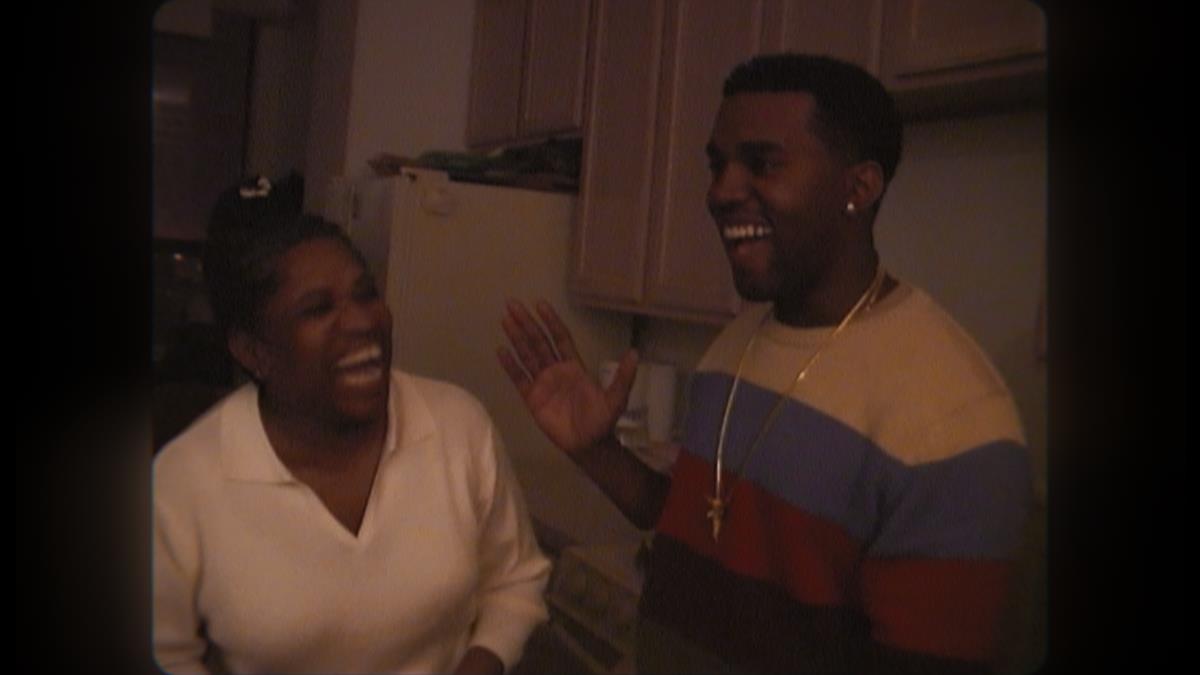
As for the artist formerly known as Kanye West, he certainly has shown a mercurial attitude to the documentary.
On IndieWire, Christian Zilko notes that in the weeks leading up to its release, Ye “publicly demanded to re-edit the film in order to ‘control [his] image,’ and baselessly threatened to block the documentary from being released. Soon after, he once again took to Instagram to request that Drake record new narration for the documentary. But he eventually attended a screening of the film arranged by Netflix and was seen embracing the film’s directors before addressing the crowd. Since then, he has used his social media following to passionately promote the film, and even celebrated when it briefly became the most viewed item on Netflix.”
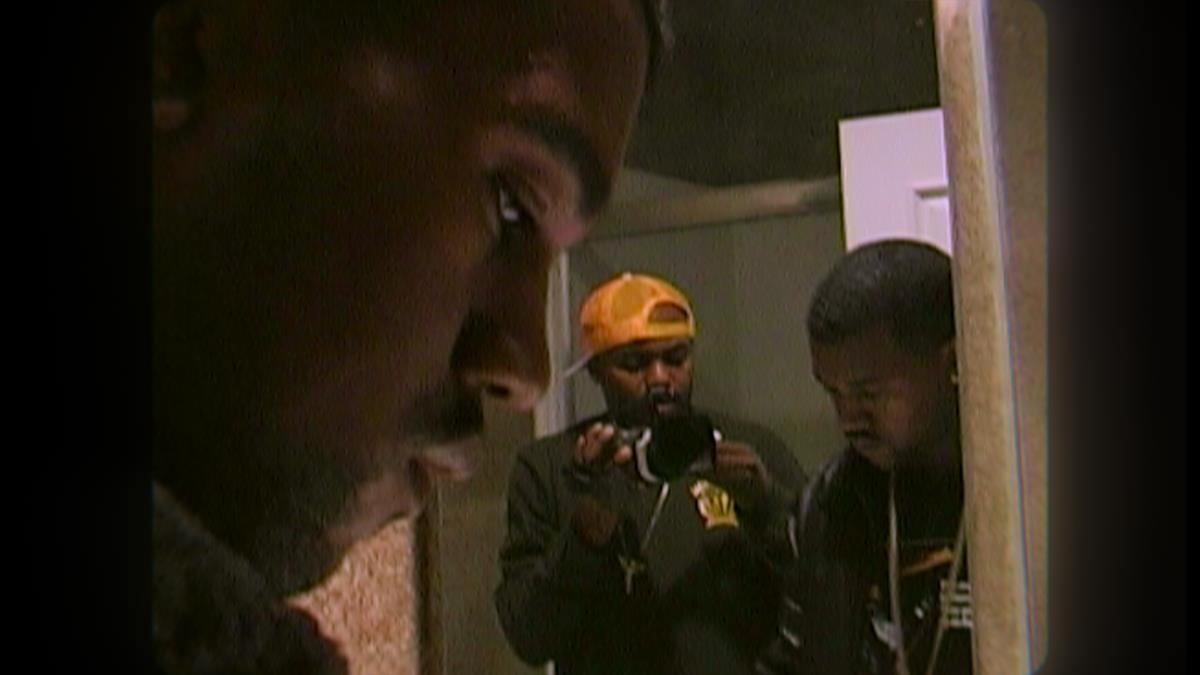
Perhaps not coincidentally, the name of Coodie & Chike’s company is Creative Control.
“There are just certain rules in documentary filmmaking for it to be authentic,” says Ozah. “For it to resonate, people need to see certain things. So sometimes it’s just not best for the filmmaking for the subject, who the film is largely about, to have control over the direction the story goes in.”
READ MORE: Jeen-Yuhs Directors on Denying Kanye Final Cut of Netflix Documentary (IndieWire)
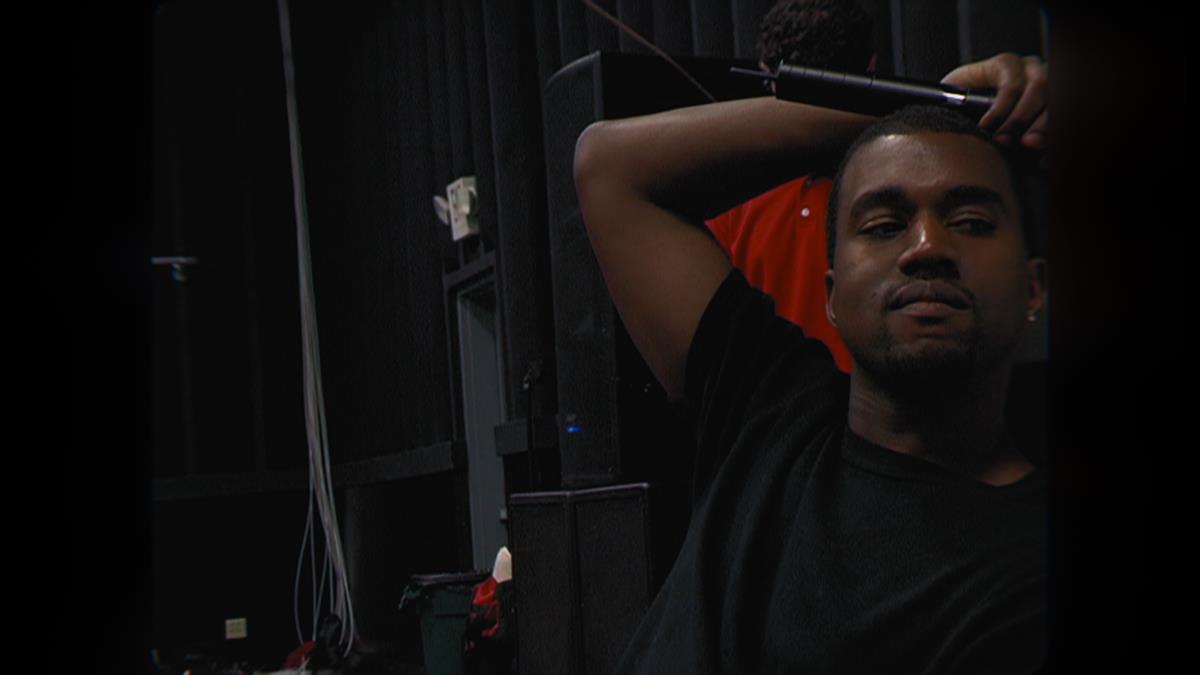
Want more? Directors Coodie Simmons and Chike Ozah discuss how the film’s audience isn’t quite what they expected, since it reached those who may have a negative perception of the artist along with Ye’s social media rants:



